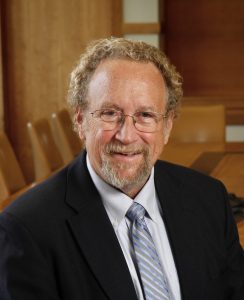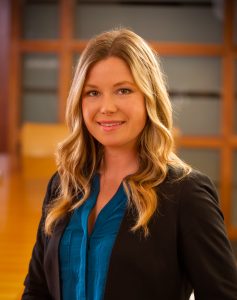The Not-So-Scenic Pit: Court Reaffirms Limited Local Control Over Certain Solid Waste Facilities
The issue of local control is once again front and center in a recent Wisconsin Court of Appeals decision, Scenic Pit LLC v. Village of Richfield, No. 2015AP2291 (June 28, 2017) (recommended for publication).
Scenic Pit LLC sought to open a clean fill solid waste facility in the Village of Richfield. Such facilities accept disposal of only certain low hazard wastes. The Village took the position that Scenic needed to obtain several local approvals, including for rezoning the property, for a conditional use permit, and for a construction storm water and erosion control permit. Id., ¶4. Scenic applied for construction permits from the Village, but it did not attempt to acquire the storm water and erosion control permit or the rezoning of the property. Id., ¶4. The Village denied Scenic’s application for construction permits. Id.
Scenic also applied for and obtained a Wisconsin Pollution Discharge Elimination System (WPDES) general permit from the Wisconsin Department of Natural Resources (DNR) for construction site storm water runoff and erosion control. Id.
When the Village denied the construction permits, Scenic sued seeking a declaratory judgment that it was not required to comply with local approvals and an injunction ending the Village’s interference with its proposed plan. Id., ¶5. Both Scenic and the Village moved for summary judgment. Id.
The circuit court granted summary judgment to the Village, on the ground that under the authority of Willow Creek Ranch, LLC v. Town of Shelby, 2000 WI 56, 235 Wis. 2d 409, 611 N.W.2d 693, Scenic was required to comply with all local ordinances unless “‘state and local interests are diametrically opposed,’” which the court found they were not. Id.
On appeal, Scenic argued that the DNR had exempted clean fill facilities from needing to obtain the kind of local approvals the Village was requiring. The court of appeals agreed with Scenic. The court explained that the legislature has designated the regulation of solid waste facilities as a matter of statewide concern. Id., ¶8. While a municipality may regulate matters of statewide concern, it may only do so as long as local ordinances do not conflict with state law. Id.
The court relied heavily on DeRosso Landfill Co. v. City of Oak Creek, 200 Wis. 2d 642, 547 N.W.2d 770 (Wis. 1996), which it explained was directly on point. The DeRosso court had previously determined that the statutory and regulatory scheme allowed DNR to exempt low hazard waste facilities from local requirements that applied to most other waste facilities and that this scheme amounted to an express withdrawal of municipal power to require local approvals. Id., ¶11.
The Village attempted to distinguish DeRosso on the ground that the precedent does not apply to local zoning. That, the Village argued, placed its dispute with Scenic beyond the scope of DeRosso decision. Id., ¶14-19. The court disagreed, explaining that the precedent on which the Village was relying, Willow Creek Ranch, LLC v. Town of Shelby, 2000 WI 56, 235 Wis. 2d 409, 611 N.W.2d 693, was inapposite and simply did not address the issue raised here, nor did it conflict with the rationale in DeRosso. Id., ¶¶14-19.
After holding that DeRosso controlled and that any local approvals required to construct Scenic’s facility were preempted, the court went on to examine whether the Village’s zoning ordinance and construction storm water and erosion control regulations were local approvals. Id., ¶19. The court concluded that they were, based on the very broad definition of “local approval” found at Wis. Stat. § 289.33(3)(d). Id., ¶29.
The takeaway from this case is that municipalities have limited control over the siting of certain solid waste facilities such as low-hazard clean fill facilities. However, the court was careful to point out that DNR regulations still control siting of such facilities. As the court explained, “[l]eaving the regulation of clean fill facilities to DNR may or may not be good policy, but it is what the legislature and DNR have done through statute and administrative rule (as interpreted by the supreme court.)” Id., ¶24.





